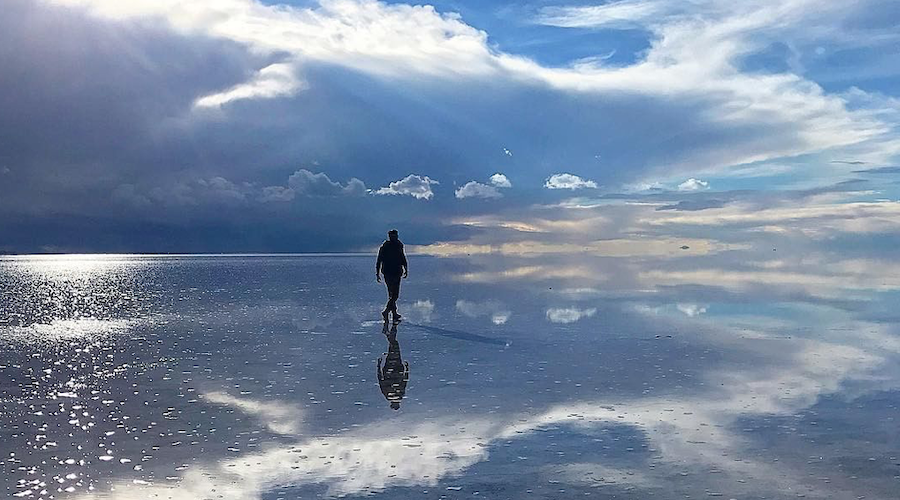
Bolivian state-owned lithium company Yacimientos de Litios Bolivianos (YLB) oversees extraction of lithium from complex brines beneath the salt flats at approximately 4,000 metres elevation, however actual lithium production in Bolivia has long been a big possibility, but never a reality.
Six firms are still competing to secure a partnership. They include Russia’s Uranium One, US startup Lilac Solutions – backed by German carmaker BMW and Bill Gates’s Breakthrough Energy Ventures – and giant Chinese battery maker CATL. The others are Chinese firms Fusion Enertech, TBEA and CITIC Guoan Group.
None of the firms has exploited lithium at a commercial scale before.
EnergyX was perhaps the most prominent competitor, having begun production tests at a lithium extraction pilot facility on Bolivia’s Uyuni salt flat this year. It also courted officials, aired advertising on Bolivian television to show its technology, and hired Juan Carlos Barrera to oversee operations in South America. Barrera is a former senior official at Chile’s SQM, one of the world’s largest lithium producers.
Over the weekend, the company released a statement in response to YLB’s tender process.
“The company humbly acknowledges it was 10 minutes late in submitting its final report (12:10am, May 16, 2022), and YLB has indicated that this missed deadline was the reason EnergyX was disqualified from the evaluation process,” EnergyX said in the release.
“EnergyX is confident that our Lithium Ion Transport and Separation (LiTAS) technology is the most advanced DLE technology, and the data collected during the pilot plant’s continuous 4 months of fieldwork operated by Bolivian engineers, and verified by YLB laboratories with hundreds of tested samples (337 tests to be exact), reflects this,” the statement reads. “The EnergyX pilot achieved 94% recovery, very high concentrations of lithium, very low impurities, all with minimal use of water, energy, and chemicals.”
In addition to building a Direct Lithium Extraction plant, EnergyX and its consortium partners, which included some of the world’s largest battery manufacturers, global auto manufacturers, and investments banks with financing, proposed to build a lithium hydroxide conversion plant, a lithium metal production plant, a cathode production plant, and a gigafactory within Bolivia to build next generation batteries, the company said.
“We will not appeal any final decision or this disqualification due to technicality, and we hope that in the future Bolivia will consider EnergyX if the need for lithium technology, processing, and refinery arises.”
The company added it would honor the $100,000 donation it made to the Potosí healthcare system and to the Uyuni education system, building six new schools and a technology computer lab.
Bolivia still faces significant hurdles in mining its lithium resources, including legal restrictions that currently prevent private companies from doing the extraction.
(With files from Reuters)




